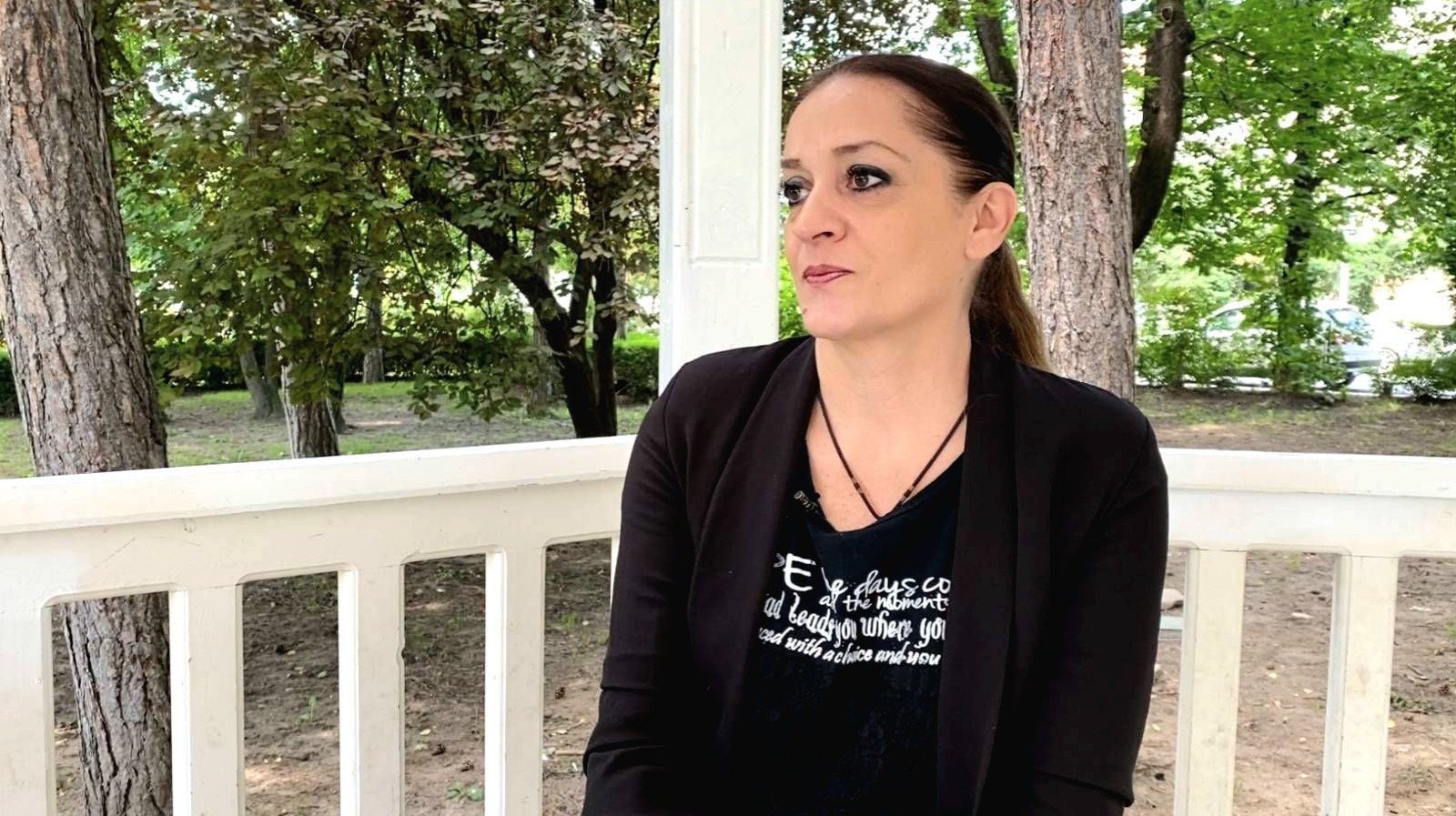Written by Aleksandra Bosnić Đurić
Authoritarian regimes have no use for educated citizens. Quite the opposite. Their intolerance toward an academic community that resists central control is a natural expression of that disinterest. But when disregard escalates into persecution, marginalization, efforts to erase voices from public life, and outright destruction, we are no longer talking about mere neglect – we are witnessing the tactics of tyranny and dictatorship.
The war on education in what is now being branded the “Serbian World” didn’t begin yesterday – it has been unfolding for years, even decades. But today, in Serbia, it is entering a new and dangerous phase – one that will undoubtedly leave a deep and lasting mark on the history not just of Serbia, but of the Western Balkans and Europe as a whole. The student-led civil protests of 2025 in Serbia will stand as a pivotal historical moment, regardless of how we interpret or evaluate them.
It’s no coincidence that Jason Stanley, whose book “How Fascism Works” is being widely quoted these days, identifies knowledge as one of the first casualties of authoritarian power. Whether it’s the moment they seize control or the moment they feel that control slipping, autocrats have often launched attacks on the world of ideas, led from the top with ruthless precision. At a time when members of Serbia’s academic community are being openly targeted – through physical, psychological, and legal violence – it’s worth recalling some of Stanley’s examples.
Take, for instance, Viktor Orbán, a close ally of Serbia’s current president. Upon coming to power, Orbán declared schools breeding grounds for liberal indoctrination. He centralized what had been a locally governed education system, forcing all teachers to join a national organization that bound them to serve the state's interests. The new national curriculum even recommends the works of antisemitic Hungarian authors, and schools are encouraged to engage in activities that glorify a mythical Hungarian past – horseback riding, traditional folk songs, and the like.
Then there’s another ally of Serbia’s leadership – Recep Tayyip Erdoğan. One of his first actions after the failed coup attempt in 2016 was to dismiss over 5,000 deans and academic staff from Turkish universities, accused of holding pro-democratic or leftist views. Many of them ended up in prison.
Stanley also references an interview with Ismet Akça, a political science professor dismissed from Istanbul’s Yıldız Technical University in February 2017. Speaking to Voice of America, Akça offered what amounts to a universal definition of authoritarianism’s hostility toward higher education:
"Those removed in these purges weren’t just left-leaning democrats – they were excellent scholars and outstanding educators. By removing them, the government isn’t just targeting individuals – it’s attacking the very idea of higher education, the very idea of the university itself."
According to Stanley, by degrading institutions of higher learning and reducing public discourse to binary ideological clashes, repressive regimes poison the public sphere and suffocate reality.
In the first half of the 20th century, Karl Mannheim articulated this same idea with chilling precision. He argued that repressive politics are always detached from true understanding and focused entirely on one thing: clearing the path – by force if necessary – for its effectiveness. It does this by first destroying “all those idols,” the reference points that make history feel real, and then turning its attention to the “soul of the masses” – their desire for power, their instincts – which it closely monitors and manipulates. This is how a false collective consciousness is born, one that becomes the central instrument of ideological and political control.
In truth, nowhere is the repressive nature of authoritarianism more visible than in its relationship with knowledge. And it’s easy to understand why. Where authoritarian systems demand blind obedience, science demands skepticism. Where the regime enforces rigid political identities, academia encourages dialogue. Where the state seeks efficiency at any cost, science insists on thoughtful methods. At a fundamental level, there is an irreconcilable opposition between authoritarian rule and academic thought. They cannot coexist.
Which is why the aggressive campaign against knowledge currently underway in Serbia should surprise no one. Nor is it historically unprecedented. But it does reveal something essential: the regime’s complete inability – or refusal – to learn from history.
Because in every instance, throughout history, knowledge has never been defeated in the long run.










Komentari (0)
POŠALJI KOMENTAR